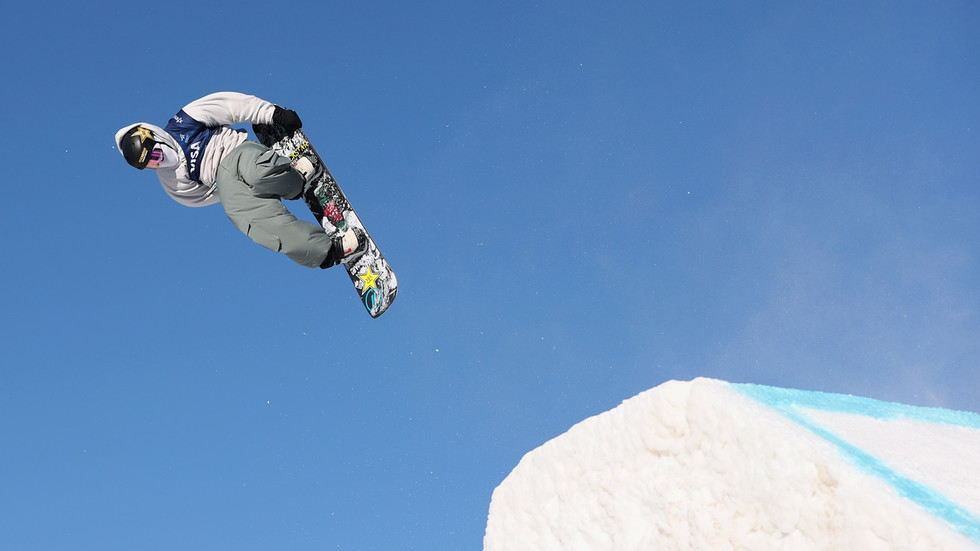
Sweden has backed out of hosting November’s snowboard and freeski World Cup event

Sweden will not host the snowboard and freeski competition. © Christian Petersen / Getty Images
Swedish officials say that rising energy bills, inflation and the ongoing conflict in Ukraine are partly to blame for the decision to withdraw from hosting a Big Air World Cup event, which was scheduled to begin next month in Falun.
The Swedish city had been due to invite international competitors to the FIS snowboard and freeski event towards the end of November, but per the Swedish Ski Association, the country’s decade-long wait to host a Big Air World Cup event will continue.
The move to cancel the competition means that there will be no time to identify another host city and leaves just two freeski events on the World Cup calendar, with the competition to take place in Chur, Switzerland, and the United States’ Copper Mountain.
Additionally, Edmonton in Canada and Kreischberg, Austria, will also hold big air events during the World Cup.

“Due to the current world situation, we have not got our finances together,” said Stefan Karlsson of the Swedish Ski Association, according to Inside the Games.
“The concern causes [sponsorship] companies to review their operations, which in turn affects events like this.
“It is very sad that we are forced to cancel, but we have done everything we could to try to carry out the event.”
Karlsson maintains that the Swedish Ski Association will again petition to host events once its financial issues are overcome.
“We have always aimed to make this a recurring event and that ambition remains,” he said.
“We have created a very good foundation to ensure that the World Cup on home soil can take place in the future.”
The move comes just weeks after Alleghe, Italy, cancelled the Ski Cross World Cup stage due to take place in late December after it too partly blamed increased energy prices as prohibiting the event from taking place.
“It is obviously a marketing operation, but faced with the great uncertainty deriving from the ever-increasing costs of electricity, we preferred to concentrate our efforts to set up the slopes for the tourist-sports sector,” said Alleghe Funivie president Sergio Pra.
“We have given up on the 2022 stage, but it is our intention to return to the World Cup in 2023 if conditions are better.”




